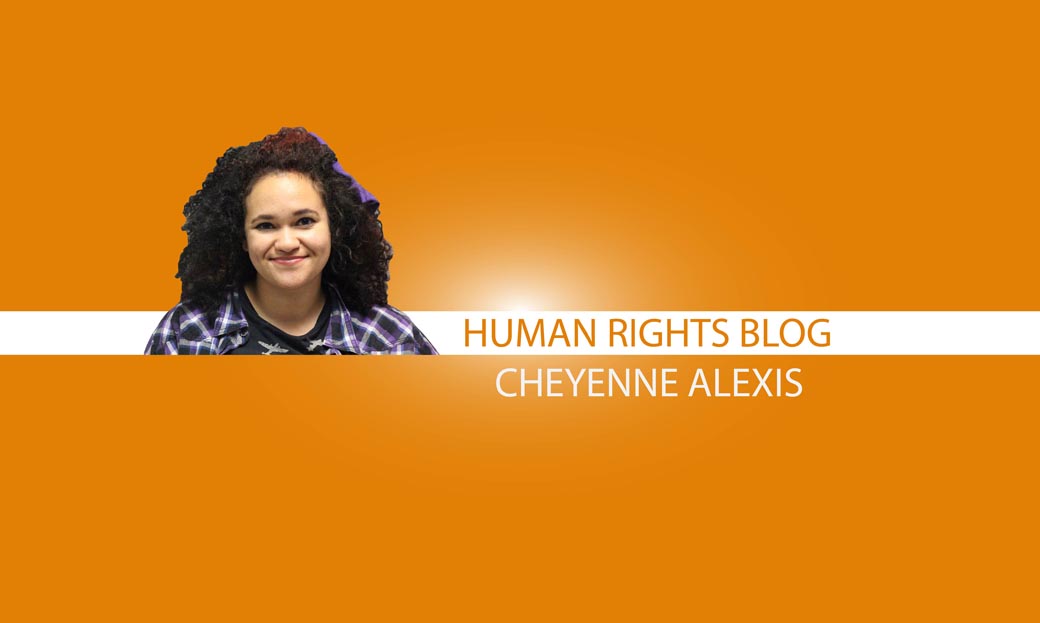
Natural hair a constant source of cultural appropriation
One of the biggest, most talked about topics in pop culture is the issue of cultural appropriation—something many people hate it because it makes them uncomfortable.
Kylie Jenner, for example, is known as being a cultural appropriator, and people call her out for it because she has privilege that allows her to basically steal from cultures and get away with it.
The time she wore cornrows and people in the black community got upset over it is an example of cultural appropriation because she wore a style worn by black people for fun, and got away with it because she isn’t part of a racist stereotype that associates black hair with being unprofessional.
There’s a reason why cultural appropriation should be discussed. At the end of the day, it’s not just about hair, it’s about identities.
Hair is very much a staple in black communities, and even has its roots in slavery. When non-black people use these styles for fashion, it diminishes the struggle black people went through and still go through to be accepted as people, when even their hair doesn’t grant them equality.
Black people have even been fired or denied jobs for wearing their hair naturally because it’s seen as “unprofessional,” “nappy” or “messy.”
When these perpetrators of cultural appropriation wear their hair in styles prominent in black communities, they usually have no idea what the other side is like. They have no idea what it’s like to be born with hair that’s constantly joked about and belittled.
A TMZ reporter recently interviewed singer The Weeknd, and instead of asking the singer about his music, something that’s actually relevant — his career, his life, the reporter egged him on about his hair, and even had the audacity to ask how often he washes it.
While the TMZ office was exploding because its staffers were so surprised the singer washes his hair everyday, a black TMZ employee ended their uproar and called them “stupid white people” because they chose to not educate themselves on dreadlocks or correct their perpetuating stereotypes about black hair.
A few years back, a Floridian student was threatened with expulsion for wearing her natural hair. The school’s administration thought her hair was a “distraction” to other students, and she should either straighten it, which diminishes her identity in a very racist way, or cut it.
It’s not as if the girl can help how her hair naturally grows.
buy cymbalta online https://pavg.net/wp-content/languages/new/where/cymbalta.html no prescription
If she wears it out and likes it, there shouldn’t be an issue.
No one will see Kylie Jenner being kicked out of school for wearing her hair naturally, because it’s straight and up to standard. She can wear her hair in black styles and be seen as a fashion icon, when black people have been wearing the same styles for years and are only oppressed for it.
I, too, have been a victim to the pressure to have straight hair, especially from my white family members. I’ve overcome that in the past few years because, frankly, I alone have to deal with my hair. If other people can’t accept it, that’s not my problem.
Hair is important — it can be what determines if people are taken seriously or able to stay in school or find a job, and that’s why cultural appropriation is such an ugly thing. People who just want to look “cool” while diminishing the struggle others have while wearing their hair naturally need to be educated on why what they’re doing is wrong.
